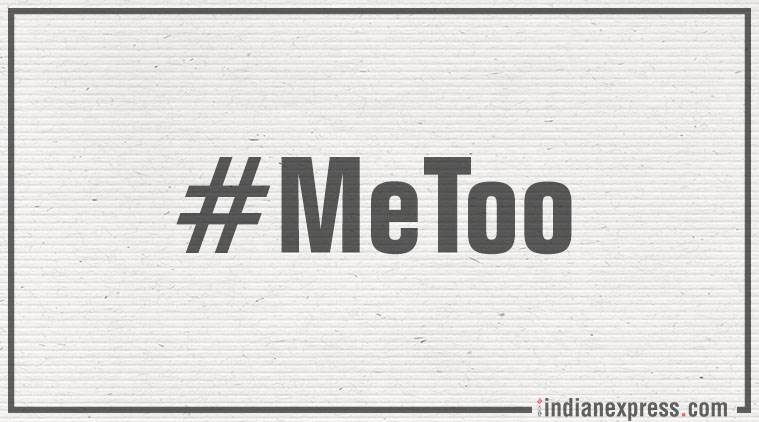Saying MeToo Differently
#MeToo has dissimilar graphs in India, US. But both societies are opening up.

As the India hashtag built steam initially, I marked how anonymity factored into the movement.
After I had made my decision to move from the US to India last year, the raised eyebrows of onlookers conveyed their dismay. “But how will you adjust?” My honest response was that most of the pending lifestyle changes are not so destabilising, and in fact, are worth it.
But there was, and is, one caveat I must give. The one social facet of persistent exhaustion: What it feels like to be a woman in India. There are few places where I have to think, calculate, and ruminate on my gender as much as in this country. And as I track the remarkable outpouring of female Indian power, I can’t help but compare and contrast with the movement I observed in the US last year.
As the India hashtag built steam initially, I marked how anonymity factored into the movement. While many women have shared public testimonies with their identities attached, much of the speed and scale came from a handful of women who had shared their own buried secrets before discovering a wave of private messages landing in their inboxes. Swiping a digital paint brush over names, these confidantes facilitated the storm. They sifted through the inundating flood, protected their sources, and chronicled the record on a social media platform that we now know can simultaneously amplify the voices of the powerful and the powerless.
This nuance may seem small and may not be the core of India’s conversation, but is a notable departure from the fire of the US movement. The initial testimonial flames in the US were encounters with boyfriends, uncles, colleagues, and acquaintances, not usually professional anecdotes of marginally famous bosses. While the women shared stories openly, it was the names of the men that were often left anonymised.
Although still early days here, it’s important to note that the US discourse was driven as much by social media fervour as it was by long-term New York Times and New Yorker investigations. In India, mainstream newsrooms are left playing catch-up to the fast-paced and widespread Twitter momentum. It may not be a coincidence that these very newsrooms are some of the ones facing the spotlight of the accusations.
To be sure, the movers and shakers here and abroad have harnessed the networked world to bypass broken institutions, seen in the crowdsourced lists, “Shitty Media Men” in the US and Raya Sarkar’s list of academics in India. Even more, reminders about elitism and marginalised female groups (such as African-Americans and Dalits) question the expansiveness of the protests.
Although larger dimensions led me to believe that there was little more tying these two threads together than a five-lettered hashtag, seemingly insignificant backroom moments have convinced me otherwise.
If all else fails, the movement’s one gift is the personal space cleaved open between me and the men around me to have an honest exchange about a topic that we would otherwise avoid. And, across the borders, male peers have approached me with identical concerns: “It doesn’t seem like all the accusations are such a big deal.” “Isn’t this being blown out of proportion?” “We shouldn’t put all these vastly different experiences under one umbrella.” “The movement is discrediting itself.” “I feel nervous to flirt. How do I tell a woman that I like her?” “This will make a male boss less likely to hire qualified women.” “What about the trauma that men have faced?” “What about false allegations? Where is my due process?”
Be it Harvey Weinstein or M J Akbar, public figures become our metaphors for private perspectives. And in those perspectives, I can see that the social torrent makes men nervous, confused, defensive, and uncomfortable.
To be sure, these nascent musings of intersecting worlds may be premature, as an embryonic movement has yet to balloon into comprehensible form. Only that continued growth can and will show us how more paths collide and diverge across the oceans.
karishma.mehrotra@expressindia.com
For all the latest Opinion News, download Indian Express App
More From Karishma Mehrotra
- Advertisers sue Facebook over wrong video viewership numbersIn 2016, Facebook admitted to miscalculating to advertisers the average time that users were watching videos on the website...
- Data localisation: why, why notRBI sets global companies a deadline for storing financial data in India. The two sides of the debate...
- In election year, Facebook set to verify political adsFacebook ads with political content in the US came under sharp criticism after reports that foreigners bought political ads on the platform to influence the…








































No hay comentarios:
Publicar un comentario